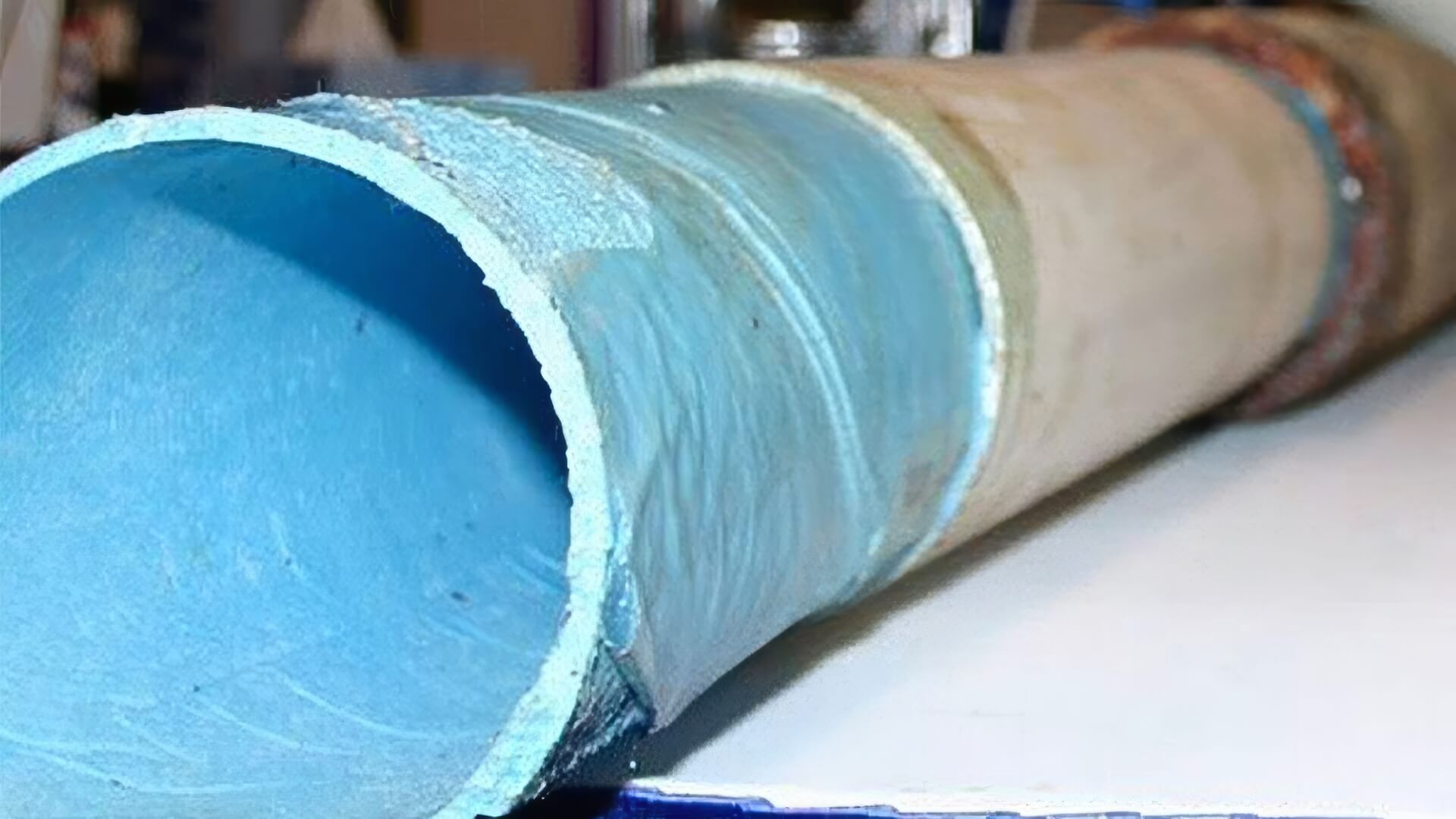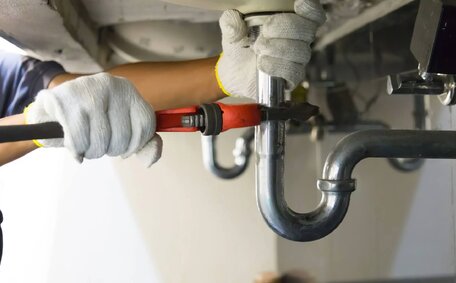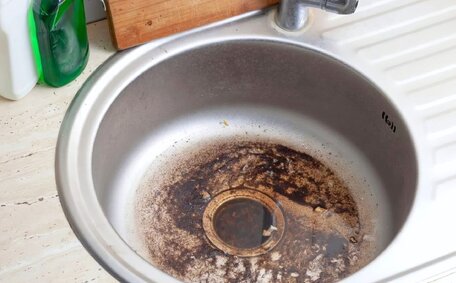Welcome to Kareela Plumbing, your local plumbing experts serving Kareela and surrounding suburbs in Sydney. We often tackle questions about the efficiency of electric versus gas water heaters.
The electric vs gas water heater discussion highlights strengths for each type. Electric heat pumps offer higher efficiency than gas systems but require greater upfront investment. Gas systems, while more expensive to run, heat water faster and can supply larger volumes for high demand households compared to electric models.
This article explores the pros and cons of each system, along with a detailed assessment of operating costs, energy efficiency, and environmental impact.
We aim to inform you about gas and electric water heaters so you can select the most suitable system for your home and budget. Benefit from our over 20 years’ experience in installing and servicing hot water systems in Kareela.
Using our expertise, we’ll guide you to select the right hot water system by unpacking the differences between these technologies.
You’ll gain insight into both systems’ advantages to better determine which hot water heater fits your needs. Get in touch for personalized advice to find your property’s ideal water heater.
How Electric and Gas Hot Water Systems Work
Electric Hot Water Systems
There are two main types of electric water heaters:
- Storage tanks - In storage tanks, a pump circulates water heated by electric elements, with the insulated tank ensuring a ready supply. As hot water leaves the tank, it’s immediately replaced and heated, guaranteeing a continuous hot water supply.
- Heat pump systems, leveraging ambient air to heat water, are a smart pick for energy-conscious users. Maintaining a heat pump hot water system is more energy efficient but comes with higher upfront costs.
Gas Hot Water Systems
For those considering the merits of a gas electric water heater, there are two main types:
- Water tank systems - Water is heated by a gas burner and stored in an insulated tank.
- Continuous flow (also known as 'tankless’ or 'instantaneous’) instant hot water systems ensure water supply even during power outages, as they provide on-demand service with water heated directly by gas burners during flow. As these systems negate the need for storage, instant hot water is consistently accessible.
Gas systems rapidly heat water, making them ideal for larger households with higher consumption. However, they result in more greenhouse gas emissions than electric options.
Our experienced plumbers are ready to help you select the best option.
Heat Pump Technology
Heat pumps are more energy efficient than traditional electric hot water system options. They work by extracting latent heat from ambient air and using this to heat your water.
Unlike a traditional storage water heater that uses heating elements, heat pumps leverage the renewable thermal energy in the surrounding air. An integrated compressor and evaporator takes heat from the air, pressurising refrigerant which gets hot. This thermal energy gets transferred via a heat exchanger into the water.
Although more costly initially, the superior efficiency of heat pump units can lead to reduced running costs, offsetting the initial expense over time. Efficiently designed systems can significantly reduce energy bills by achieving over 300% efficiency, producing more energy than consumed.
Their efficiency also depends on factors like climate and international performance standards vary.
Modern heat pumps are designed to perform well in various climates, ensuring you get a system with an excellent energy rating. Look for well-known brands meeting Australian MEPS standards for optimal efficiency. We advise on heat pump systems that provide the best long-term value, tailored to your household’s needs.
Storage Tanks vs Tankless
Storage Tanks
When compared, gas electric water heaters and standalone electric models have their merits with moderate operating costs.
Storage tank systems are more affordable initially but take longer to heat and have limited capacity. Storage tanks consist of an insulated tank where water is stored and maintained at a consistent temperature, ready for use.
Tankless / Continuous Flow
Tankless electric water heaters provide hot water on demand, eliminating the need for storage capacity. Gas tankless systems have higher flow rates than electric water options and boast lower operating costs.
The tankless system is applicable to both electric and gas configurations. Tankless water heaters provide unlimited hot water but can be an expensive purchase initially.
Gas electric hot water systems are suitable for households with low to medium hot water demand. Electric gas tankless options work better for larger families with high peak demands. For ultimate efficiency, we suggest gas tankless units but will align the system with your specific context, opting for electric if a gas line isn’t present.
Get in touch with Kareela Plumbing to identify the water heater that aligns with your financial plan, hot water demand, and home setup.
Comparing Efficiency and Operating Costs
When analysing efficiency and operating costs, gas hot water systems generally come out ahead of electric. Studies show gas systems are around 30-45% more energy efficient than electric on average.
This begs the question of how much you might save with gas systems - with approximate operating cost savings of $100-150 per year compared to electric. However, actual costs ultimately depend on local energy prices, household usage patterns and the age/specs of your existing system.
While gas systems edge out electric overall, heat pump technology can match or even exceed gas efficiency in certain applications. Properly sized heat pumps require less electricity due to their use of ambient thermal energy.
Consider long-term savings against initial costs when aiming to save money over time. Newer systems may cost more upfront but deliver better efficiency and faster payback which can be beneficial in the long term. Our team of plumbers can install and provide tailored advice for your home.
Installation and Maintenance Requirements
When installing hot water systems, electric and gas units have some differing requirements to consider.
Electric Hot Water System Installation
Installing an electric storage or heat pump system in Kareela requires:
- Connecting to the electrical grid and circuit box
- Professionally mounting the storage tank or heat pump outdoor unit
- Fitting new valves and pipes for water supply/outlets
- Installing expansion control and relief valves
Gas Hot Water System Installation
Installing a gas storage or continuous flow system involves:
- Connecting to the gas supply line
- Venting gas exhaust correctly through the roof
- Fitting water pipes and tempering valves for safety
- Mounting units and routing gas/electrical to external units if applicable
Properly installing gas water heaters is vital for their performance, efficiency, and safety. Our licenced plumbers handle the entire process including all connections.
Maintenance Requirements
All hot water systems need regular maintenance. Key tasks include:
- Inspecting valves, anodes, filters and parts for wear and corrosion
- Checking gas/electrical connections and water pressure
- Flushing mineral deposits from the system
- Sanitising tanks and cleaning heat exchangers
Preventative maintenance prevents breakdowns and extends system lifespan. Our maintenance plans for local homes begin at $199 annually.
Contact our friendly team at Kareela Plumbing to learn more about solar hot water systems installations and maintaining your existing hot water unit.
Replacement Parts and Lifespan
When considering the lifespan of gas vs electric hot water systems, gas units generally last longer with a lifespan between 10-15 years on average.
Electric storage type water units typically last 8-12 years, while electric heat pumps can function effectively for 15+ years if properly maintained. The compressor of a heat pump system will likely need replacing at the 10-12 year mark at a cost of $1000+.
Natural gas LPG systems need new burners and seals replacing every 5 years or so at a lower cost. Anode rods and valves also need periodic replacement. We offer discounted parts and can source most common spares required for maintenance and repairs.
Ultimately regular servicing is key to maximising lifespan for both electric and gas systems. Kareela Plumbing’s annual maintenance plans help optimise functionality and longevity. For part replacements or repairs, feel free to reach out at any time.
Sizing and Household Demand Considerations
Selecting the appropriately sized hot water system is essential to meet demand efficiently without squandering energy and funds on surplus heating. Consider factors for your hot water system like:
- Number of occupants - Systems are sized based on peak demand times to accommodate more than one household member showering or using hot water simultaneously.
- Bathing habits - Frequency and length of showers/baths. Tankless suits households taking longer showers.
- Laundry type - More loads per week need bigger systems to heat water for washing machines.
- Dishwashing patterns - Frequent dishwasher use requires ample hot water supply.
- Simultaneous use - Multiple taps running hot water simultaneously necessitates higher delivery rates.
Gas systems require existing lines, whereas heat pumps and electric storage tanks need only an appropriate power outlet. We assess your unique requirements during site inspections to select the right types water heaters for your home.
Kareela Plumbing offers free household water audits. We evaluate your property’s water setup, measure flow rates and pressures, and suggest optimally sized systems considering demand.
Environmental Impacts
When it comes to environmental impact, electric hot water systems are generally seen as the greener, more eco-friendly option compared to gas systems.
Gas systems emit higher levels of greenhouse gases like carbon dioxide and nitrogen oxides from burning fossil fuels. The carbon footprint of gas hot water units is estimated to be nearly double that of a solar hot water system or electric heat pump.
Electric systems can also take advantage of renewable energy from the grid to heat water only when necessary, with zero emissions, acting as an energy saver. Utilising solar water heating solutions, such as solar-powered heat pumps or electric systems augmented by rooftop solar panels, have very low carbon footprints.
Analysing the spectrum of hot water vs environmental concerns, gas does heat water faster and often has a lower operational cost, but eco-conscious households may prefer electric options. Electric water heater technology, especially heat pumps, also offers gas-rivalling efficiency without the air pollution.
Making small changes like switching to which hot water system is energy efficient like an electric one can reduce your environmental impact over time. Kareela Plumbing expertly installs electric and solar hot water solutions for an eco-friendly home.
Tips for Maximizing Efficiency
There are several ways homeowners can enhance efficiency to save on hot water system operating costs:
- Set thermostats to 50-60C - lower temperatures reduce heating requirements while still delivering comfortably hot water in the long run.
- Install water-efficient fixtures like low-flow showerheads which use less water requiring less energy to heat.
- Insulate pipes properly so less heat is lost in transit from unit to outlet.
- Use cold water settings for clothes washing machines and dishwashers.
- Upgrade old inefficient units to the latest energy-rated systems to slash power bills.
- Invest in solar-powered electric or solar-assisted heat pump systems to utilise renewable energy.
Modest upgrades in water systems can lead to substantial savings, curbing both unnecessary heating and reducing energy use and emissions. Contact Kareela Plumbing to assess efficiency improvements tailored for your property.
Making the Right Choice for Your Home
When deciding between electric and gas hot water systems in Kareela, weigh up the efficiency, operating costs, environmental impact and installation requirements against your household’s unique hot water needs.
Gas systems heat water faster and can supply larger homes with ease but produce more greenhouse emissions compared to an electric water heater. Modern hot water heaters offer more advanced features, like those with heat pump technology, which can match straight gas efficiency without the large carbon footprint—especially when solar-assisted.
Carefully consider the number of occupants, bathing habits, laundry loads, dishwasher use and simultaneous water draw. This helps size the right system to meet demands without wasting money and energy heating excess water.
While gas heaters are generally cheaper to run long-term, electricity prices and new rebates make heat pumps very affordable. Installation is simpler and less expensive to install than gas systems, as they don’t require a gas line, making electric models easier and cheaper to set up.
For the ideal hot water system choice for your home, contact Kareela Plumbing at 1300 349 338. Our licenced technicians offer personalised guidance and proficient installation of new units. We also service and maintain existing heaters to maximise efficiency and lifespan.






